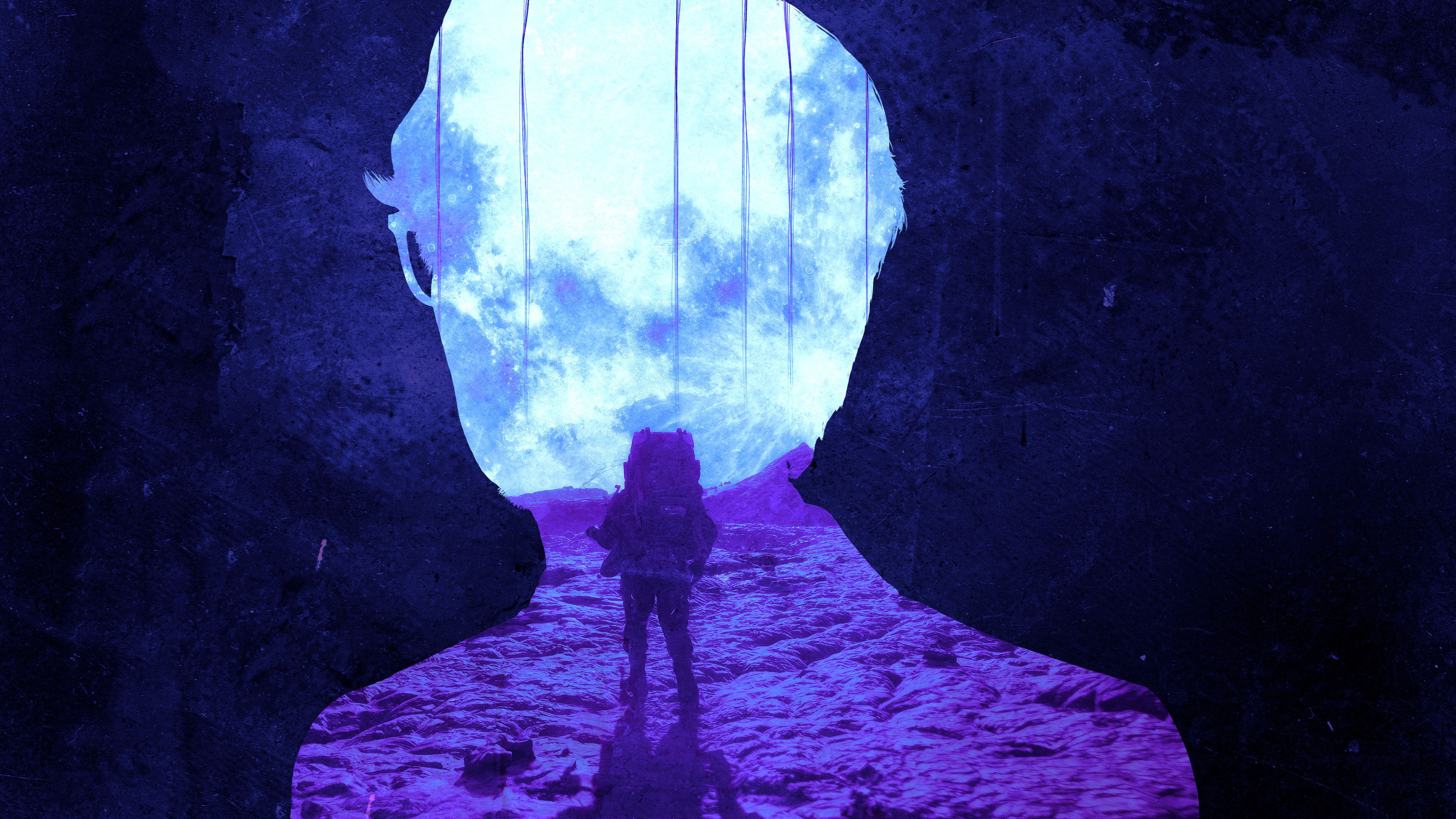
Hideo Kojima, similar to the show The Simpsons, has a remarkable knack for foreshadowing real-world events. His Metal Gear games accurately predicted things like AI-powered deepfakes, proxy wars, and video conferencing. His game Death Stranding featured a locked-down United States, which eerily mirrored the reality of the COVID-19 pandemic just months after its release. Now, it seems Death Stranding 2 may have also predicted an event that unfolded within a year of the game’s release, though the connection isn’t as immediately apparent.
Recently, Xbox’s Matt Booty talked to the New York Times about potentially bringing the original Halo: Combat Evolved to PlayStation 5. He emphasized that the traditional “console wars” are over, and that’s not what Microsoft worries about anymore. Instead, Microsoft sees its biggest competition as things like TikTok and movies. While some people find this idea strange, it’s actually very true. Sony, Nintendo, and all game developers – even independent ones – are competing for the same thing: people’s time. All forms of entertainment, from gaming to social media to movies, rely on capturing that limited resource. The upcoming game Death Stranding 2 actually demonstrates this battle for attention, showing how dominant social media has become in capturing people’s time.
Spoilers for Death Stranding 2 Ahead
Why Time is a Precious Resource
Before discussing what Death Stranding 2 suggests about this, let’s clarify how we think about time. Some people argue Xbox isn’t competing with social media, and while that might be true from a technological or accessibility perspective, the real competition is for players’ time. Consider the battle royale genre – games like Apex Legends, Call of Duty: Warzone, and Fortnite dominated for years, making it incredibly difficult for others to succeed, and the genre’s popularity is now declining. This is because those games captured so much of players’ available time. Live-service games work well, when successful, because they reliably keep players engaged and generate significant revenue. This is why Sony initially aimed to release ten live-service games by 2026 – a plan that didn’t seem realistic, as most players simply don’t have the time to play more than one or two of these games, if any.
The battle for people’s attention isn’t just about money; it’s about time. While there have always been other ways to spend free time – going outside, watching movies, or socializing – new competitors have emerged. Social media, especially since the pandemic, is grabbing more and more of that time. Platforms like TikTok are designed to be addictive, inexpensive to use, and incredibly personalized. Think of TikTok’s ‘For You Page’ as a video game specifically designed for you, constantly adapting to your interests and even your mood. While players usually have to manage their own emotional responses within a game, TikTok excels at understanding and catering to your current feelings. It’s a bit unsettling to think about how algorithms are increasingly controlling our experiences, and we’re willingly giving them more and more data. It feels like video games are on the verge of mastering these algorithms, potentially becoming as personalized and captivating as TikTok, but that kind of game might not be one anyone truly wants.
Putting aside any overly pessimistic views, social media is taking away time people used to spend playing video games, and that’s the biggest threat the industry faces. With the added challenges of AI in gaming and numerous other factors, the industry is under constant pressure from all sides.
The World of Death Stranding 2 is More Connected and More Alone
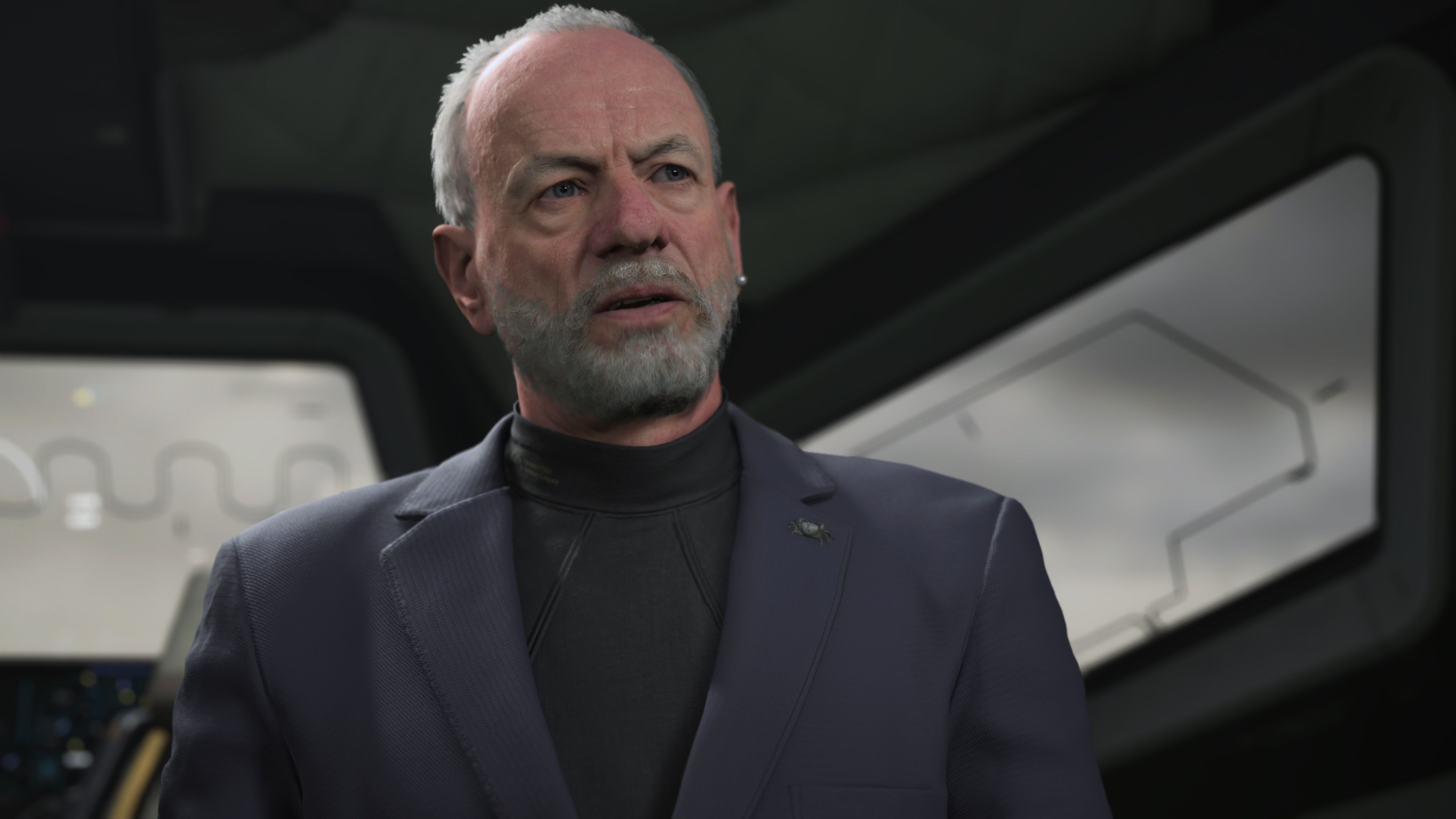
The question “Should we have connected?” in Death Stranding 2 seems simple, but it dives into the potential problems of a world that’s too connected. Early on, players discover the President has been replaced, and a new system run by an algorithm is now in charge. This algorithm decides who leads the United States and, potentially, the entire free world. Throughout the game, it appears expanding to Australia is about the UCA gaining more power – a logical assumption given the secretive events unfolding. However, the true purpose is far more unsettling: the algorithm is trying to prevent anyone from ever leaving their designated areas.
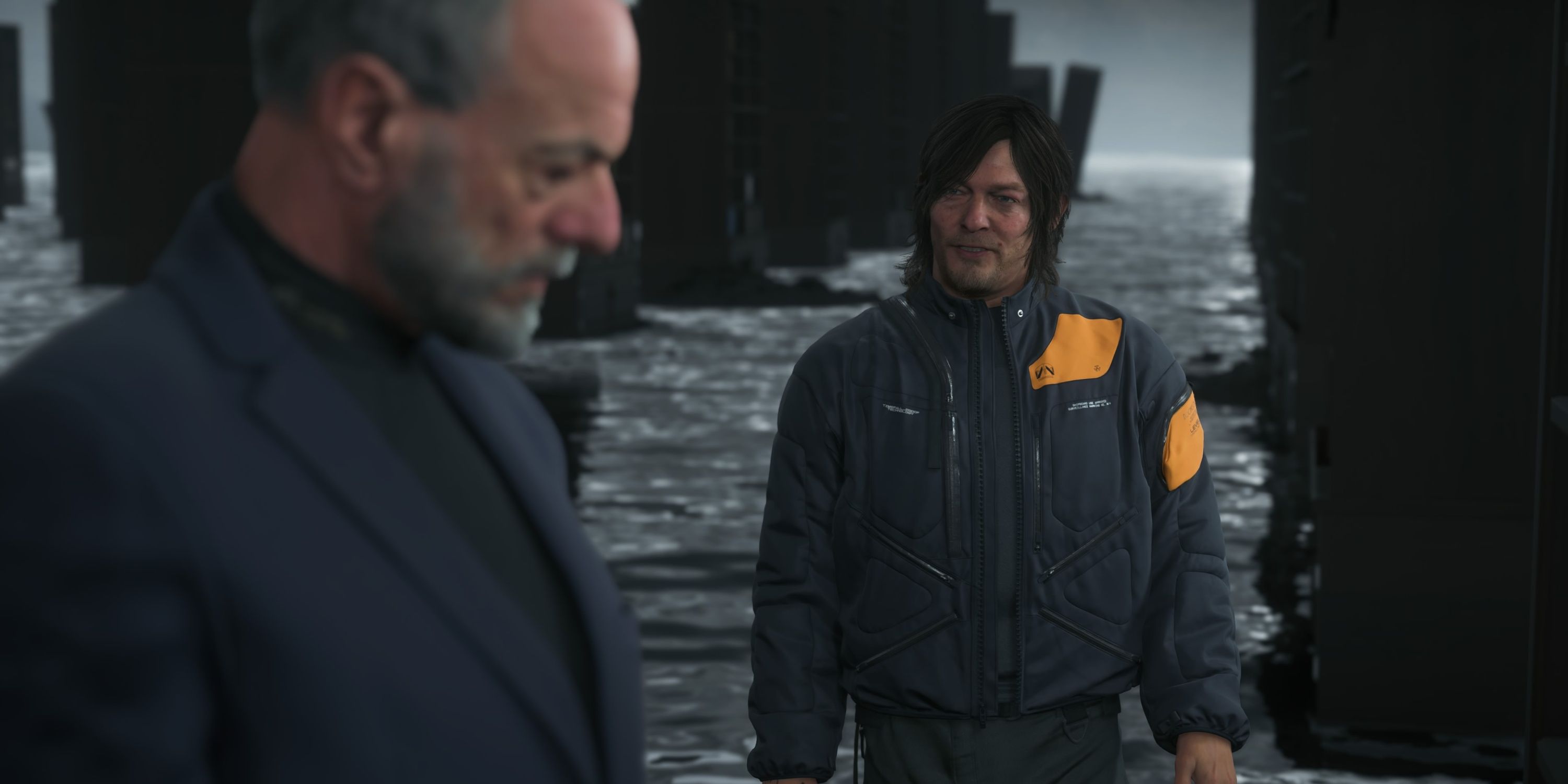
The goal is to prevent humanity from disappearing, but the solution feels like a dangerous trade-off: a world completely managed by an algorithm. If everything is controlled, what will people think about or be interested in besides what the algorithm shows them? APAS, in its attempt to save us, essentially controls time itself through this algorithm. If it were a company, it would profit from keeping everyone hooked. This is similar to how we spend our time on social media. Just as Sam connected UCA and Australia, social media connects us to the world. And like that controlling algorithm, today’s social media algorithms are designed to maximize the time we spend on those platforms. Things like TikTok trends are enjoyable, and I don’t want to sound pessimistic, but the parallels between APAS and these algorithms are striking.
Likes Are Currency
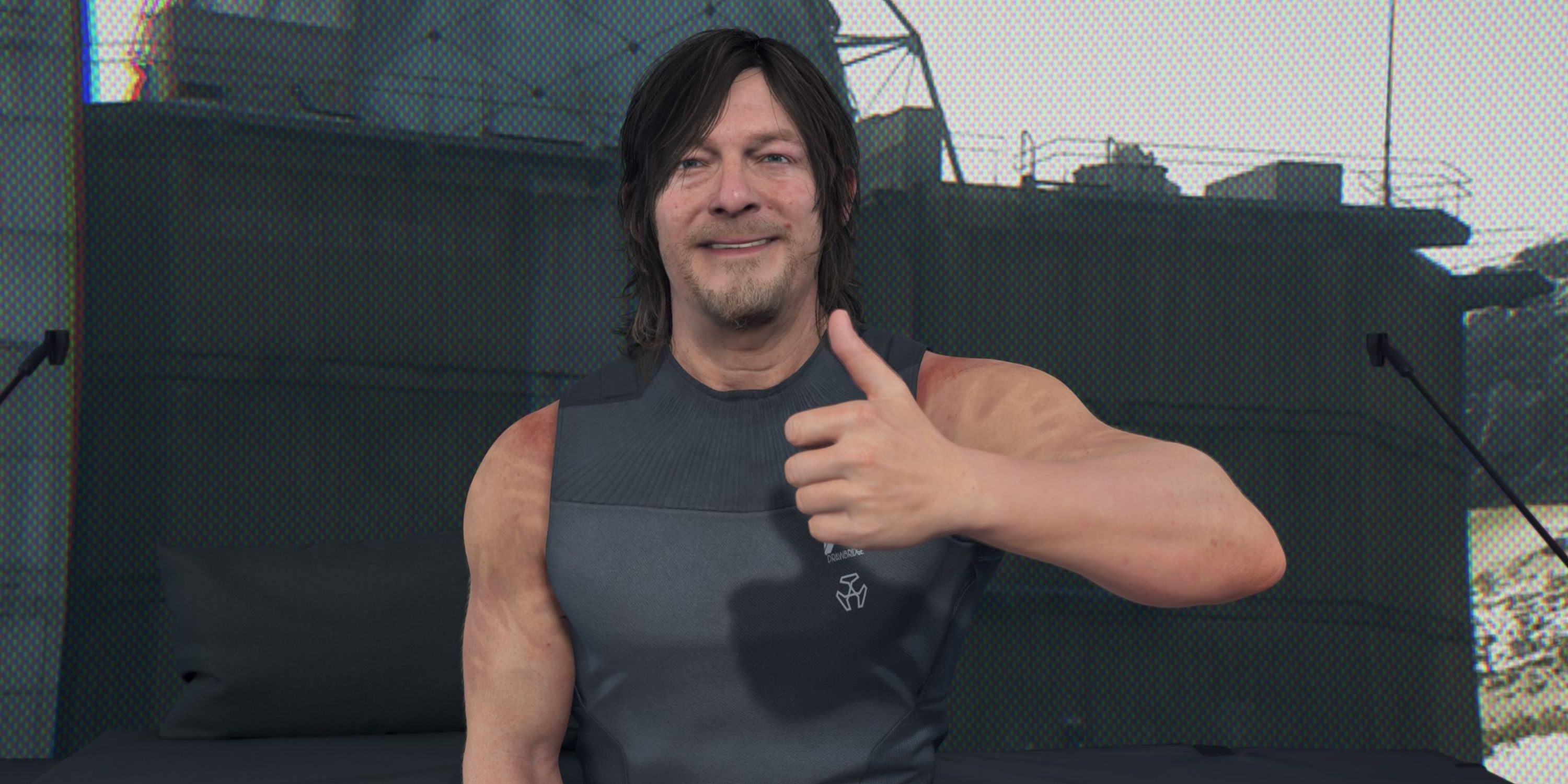
The way players collaborate in Death Stranding 2 – building structures and supporting each other – mirrors how social media could be genuinely helpful. While algorithms can have positive effects, there’s always a danger of things becoming purely about exchange. The game uses “likes” to show progress, but just like in real life, they aren’t actually necessary. It’s tempting to seek that positive feeling from receiving or giving likes – we’re naturally wired to enjoy that connection. However, this can easily turn genuine interaction into something transactional, and even harmful, because actions motivated by likes can often have unintended consequences. The game effectively shows how social media can encourage behaviors like seeking engagement, creating outrage, endlessly scrolling through bad news, and all the other strange habits associated with online platforms.
Higgs is An Internet Troll
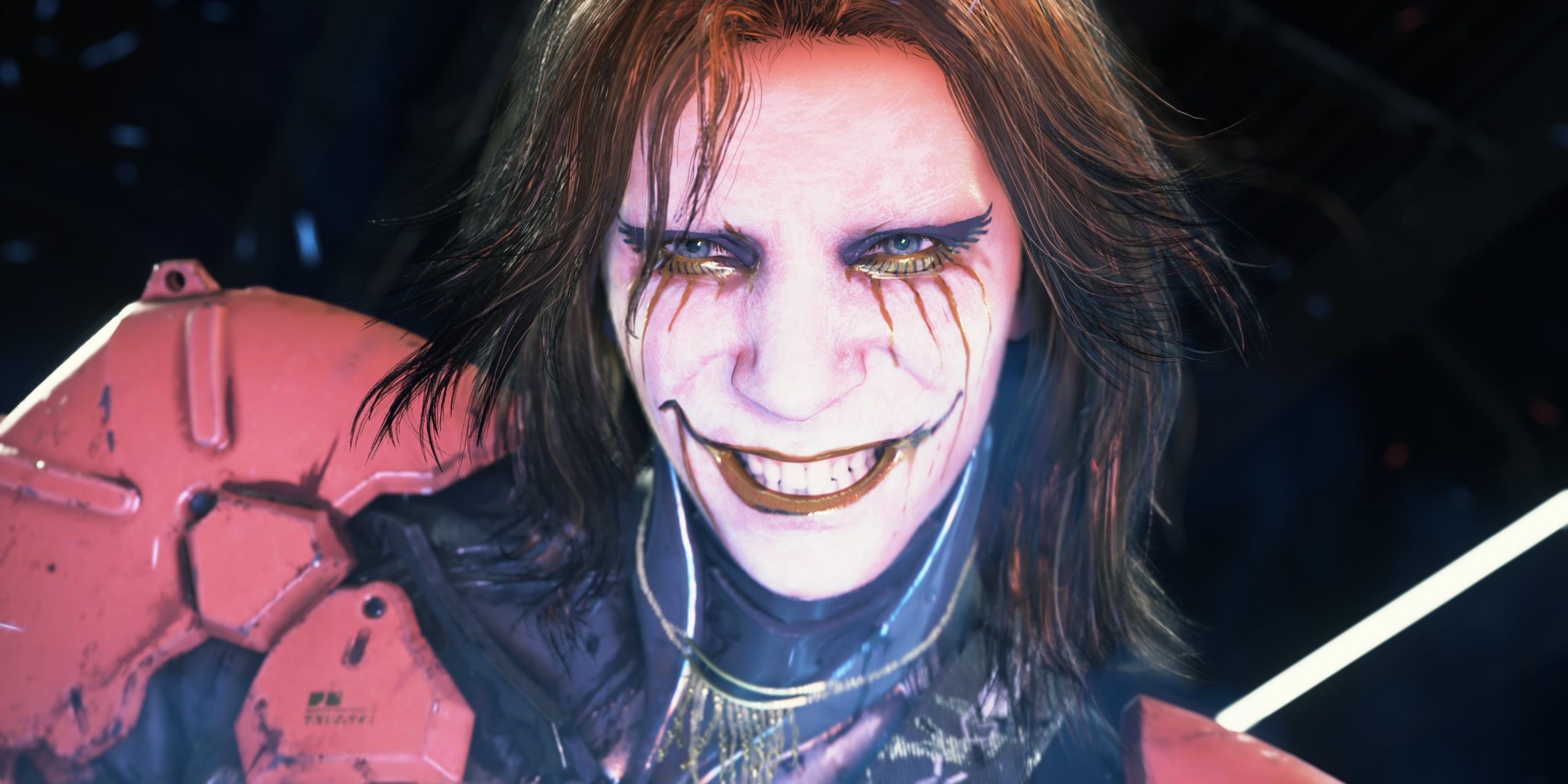
In Death Stranding 2, Higgs’s return is driven by a desire for revenge. He’s been stranded on a Beach for decades and blames Sam, fueling his plan to cause another Last Stranding and essentially end the world. However, Higgs represents more than just personal hatred; he embodies a force opposing the control of time. While APAS, the algorithm, aims to control as much time as possible, Higgs is like a troll who simply wants to waste time, motivated by pure nihilism. He fixates on Sam, subjecting him to torture and stealing from him because Sam is uniquely resilient. His madness manifests within the Beach – a digital realm similar to the Cloud, representing both connection and a potential eternal holding place – essentially a reflection of how apps connect us to the world and may ultimately consume our time.
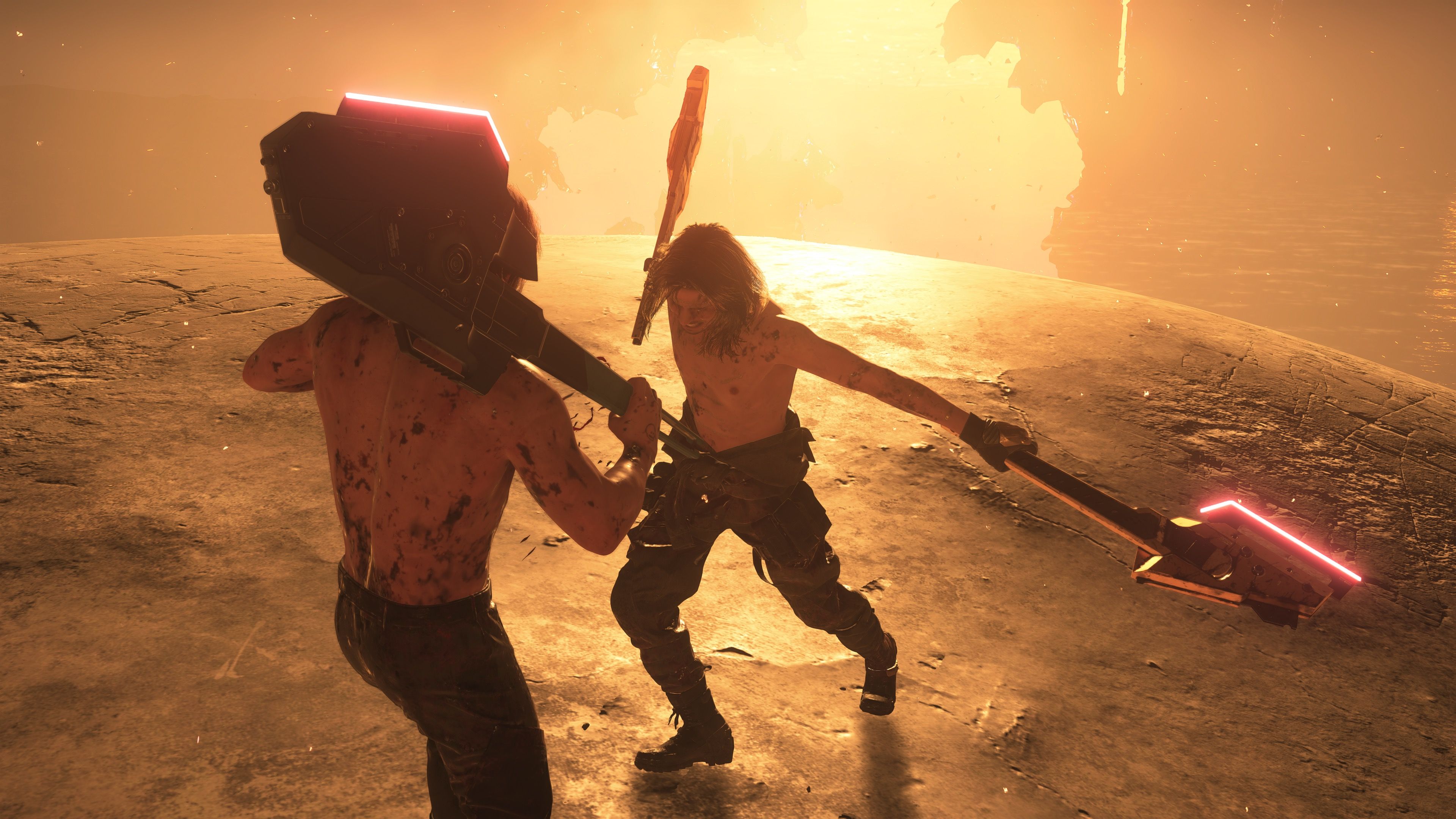
Internet trolls thrive on provoking reactions, getting under your skin, and trying to control you. Higgs, in Death Stranding 2, is one of those trolls – he intentionally creates chaos and doesn’t contribute anything positive, despite being highly connected. The game allows players to help each other by building bridges and sharing resources, and Higgs could have done the same. While the events of the first Death Stranding may have exacerbated his issues, it doesn’t excuse his behavior. He was isolated despite living in a connected world, and ultimately needs to find a way to heal and change.
Death Stranding 2 Shows a World Where Connections Like Social Media Dominate Your Time
APAS tries to take up as much of your time as possible, while Higgs is like a social media troll who simply aims to waste your time with no real purpose.
Essentially, Death Stranding 2 envisions a future where a social network (the Chiral Network) is incredibly fast and widespread, but ultimately lacks genuine emotional depth. While it links everyone globally, people still feel alone and disconnected. Even with all his connections before leaving for Australia, Sam struggles with depression, suggesting that simply being connected isn’t enough. What truly helps him heal is actively being present for others, offering support, and making a positive impact. Furthermore, the APAS system embodies an algorithm that controls this connection, keeping people isolated despite their online presence, and Higgs actively tries to disrupt everything. Death Stranding illustrates how connections can benefit communities, but also cautions us about the potential pitfalls of relying too heavily on them – APAS and Higgs serve as warnings of those dangers.
In Death Stranding 2, Hideo Kojima envisions a future that feels increasingly real – a world where video game companies are battling for our attention. Apps like TikTok are dominating people’s time, which is a major challenge for games. The game highlights how digital connection can actually be isolating and overwhelming, with likes and notifications often becoming more important than real human connection. Time itself is presented as something controlled by powerful forces. However, the game offers a valuable lesson: be mindful of how you spend your time and who you share it with. Don’t let algorithms dictate your choices, even if it means stepping away from video games.
Read More
- Poppy Playtime Chapter 5: Engineering Workshop Locker Keypad Code Guide
- Jujutsu Kaisen Modulo Chapter 23 Preview: Yuji And Maru End Cursed Spirits
- God Of War: Sons Of Sparta – Interactive Map
- Poppy Playtime 5: Battery Locations & Locker Code for Huggy Escape Room
- Who Is the Information Broker in The Sims 4?
- 8 One Piece Characters Who Deserved Better Endings
- Pressure Hand Locker Code in Poppy Playtime: Chapter 5
- Poppy Playtime Chapter 5: Emoji Keypad Code in Conditioning
- Why Aave is Making Waves with $1B in Tokenized Assets – You Won’t Believe This!
- Engineering Power Puzzle Solution in Poppy Playtime: Chapter 5
2025-11-20 20:35